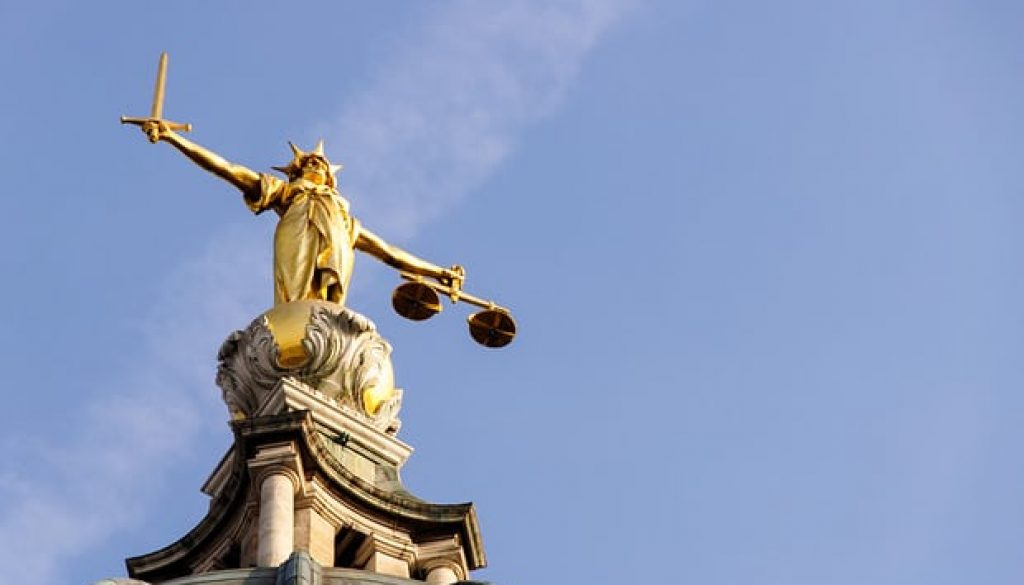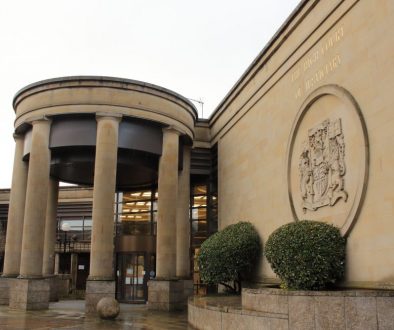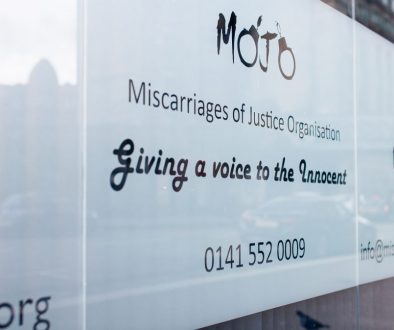Double Jeopardy
“It is better that ten guilty persons escape than that one innocent suffer” – William Blackstone, “Commentaries on the Laws of England” 1765
Blackstone’s Formulation, by which the 18th Century English jurist expressed the principle that the courts must always err, as err they must, on the side of the accused, remains to this day a fundamental backstop of any civilised system for the administration of criminal justice.
This doesn’t mean that the guilty should go unpunished. It means, simply, that the protection of the rights of the accused must be real and meaningful. Real enough, and meaningful enough, that an individual accused is protected from arbitrary, or speculative, or repeated prosecution by the all-powerful state. If this means that offenders occasionally evade justice, Blackstone says that’s a price worth paying. We agree with him. It’s called democracy.
Here at MOJO it has always been, and it remains, our position that no-one should be prosecuted twice for the same offence. The term “double jeopardy” can be traced to the Fifth Amendment to the Constitution of the United States, which directs that no-one shall “be subject for the same offence to be twice put in jeopardy of life or limb”. The principle has been longer recognised on this side of the Atlantic – for around 800 years – and, although no longer absolute, it remains an important feature of our law. There are very good reasons why this should be so: it keeps the state honest, it provides the individual with protection from oppression, it redresses, to some degree, the inequality of arms between state and citizen, and it upholds the sacred function of the jury.
Where the state, with its limitless resources, knows that it doesn’t get a second chance it will present its best case at trial. It will refrain from speculative or malicious prosecutions, and it will only subject the individual to the emotional and financial ordeal of prosecution where it has reason to be confident of conviction. The state, despite its resources, cannot engage in repeated assaults on the individual on grounds of malice, populism or politics.
Where our social contract with the state involves our submission to the state’s power to prosecute and punish us, our protections against abuse of that power should, and must, be robust. Where is the innocent accused to find peace when the state’s power is unchecked?
It’s called democracy.



